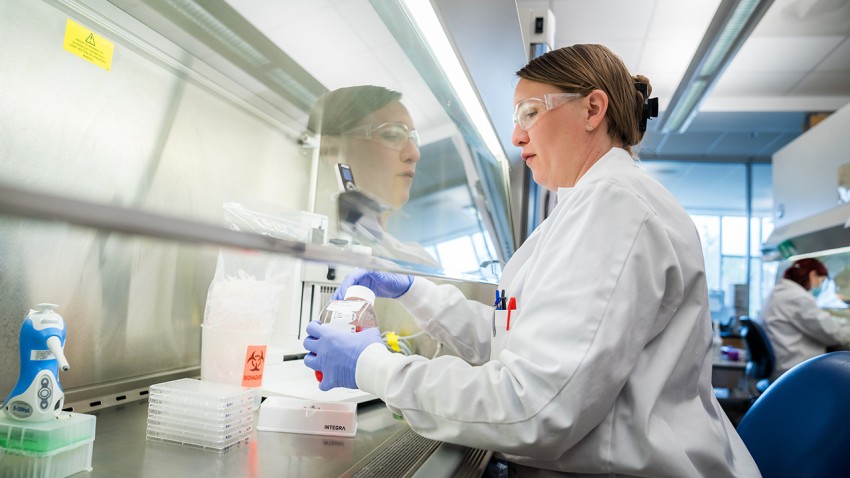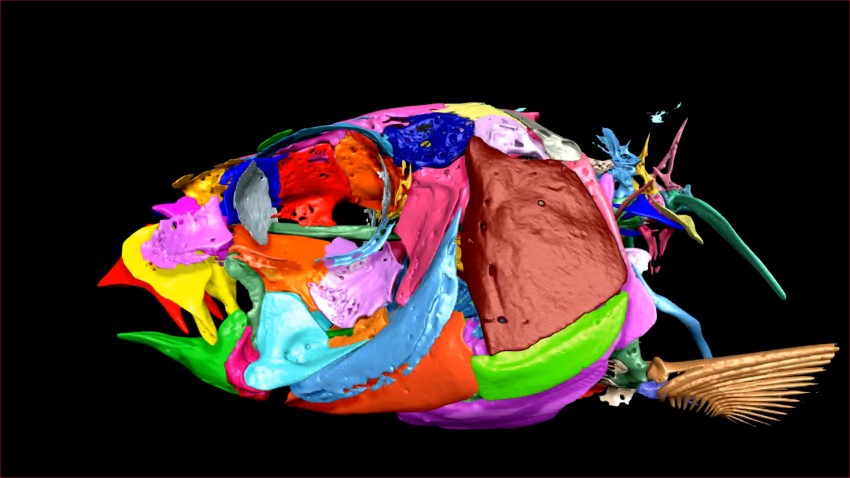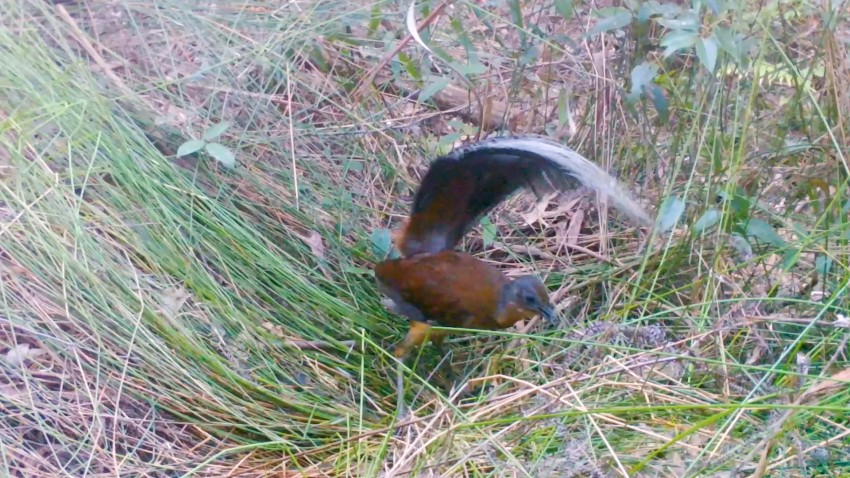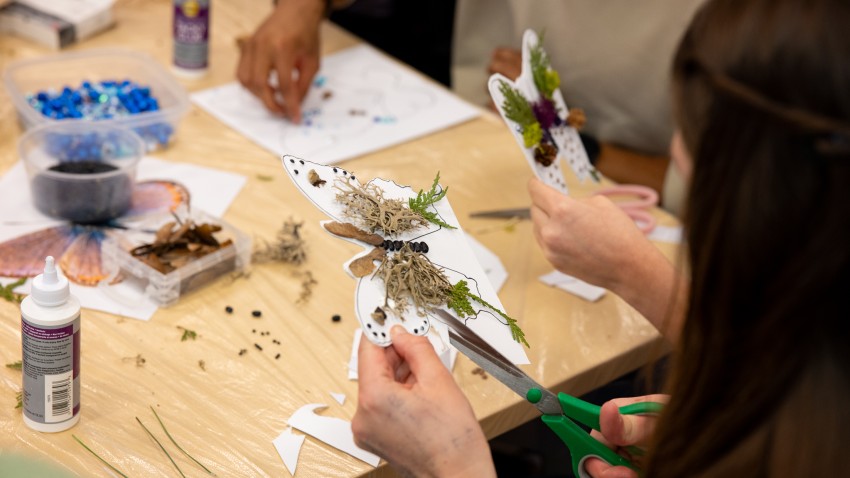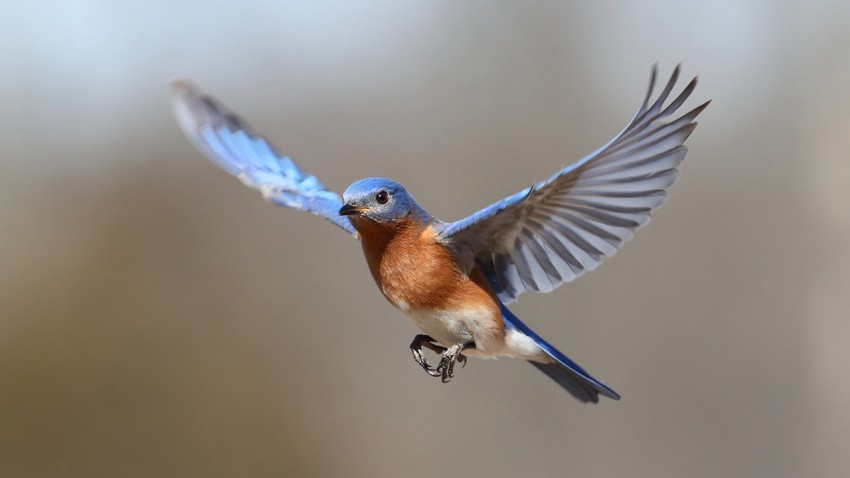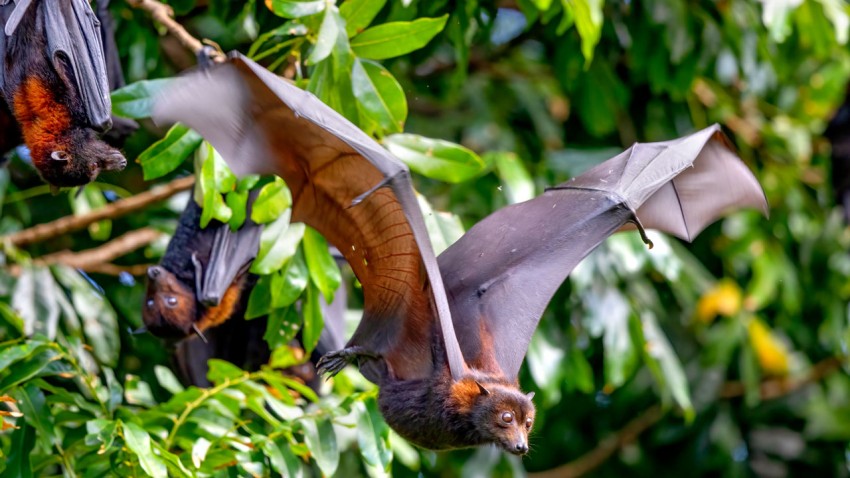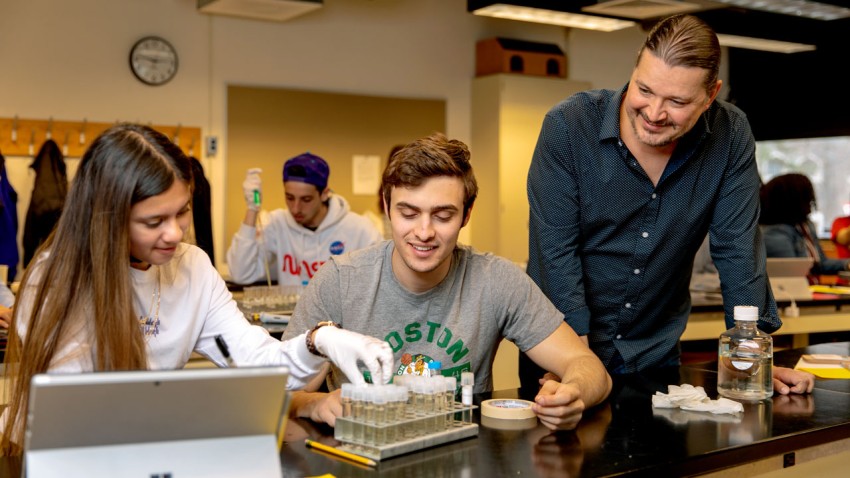News
Cornell virology experts are sequencing the bird flu virus that struck cows in the Texas panhandle last week, after work at Cornell and two other veterinary diagnostic laboratories found the highly pathogenic avian influenza virus in cattle samples, a first for this species.
A venture to digitize vertebrate museum collections and make them freely available online for anyone to access has created 3D CT scans of some 13,000 specimens.
To woo a mate, the Albert’s lyrebird of Australia shakes entangled vines as part of his courtship footwork, synchronizing each shake with the beat of his striking song, according to new research.
Campus and community members celebrated the environmental and literary legacies of former Cornell professor Vladimir Nabokov during events on campus March 14 and 15.
Faculty members are finding creative ways to deal with generative AI in their courses. Winners of Cornell’s 2024 Teaching Innovation Awards will discuss their approaches on April 11.
The prize aims to “change the paradigm of neuroscience research by creating a community of next-frontier thinkers who can uncover a deeper understanding of the brain and cognition.”
Researchers plan to measure the impact of the April 8 solar eclipse on the movements of birds, bats and insects – flying creatures that are very attuned to changes in light levels.
While world public health agencies are focused on how to react to the next pandemic once it has started, a new plan proposes using ecological perspectives to prevent disease outbreaks before they happen.
By studying individuals who spontaneously clear hepatitis C infections, a team of researchers has identified viable vaccine targets for a disease that infects 70 million worldwide.
Researchers in the College of Agriculture and Life Sciences have created an “extension without penalty” system that features two assignment deadlines – an “ideal” and an EWP – and charted how the penalty-free extensions were used by students.

